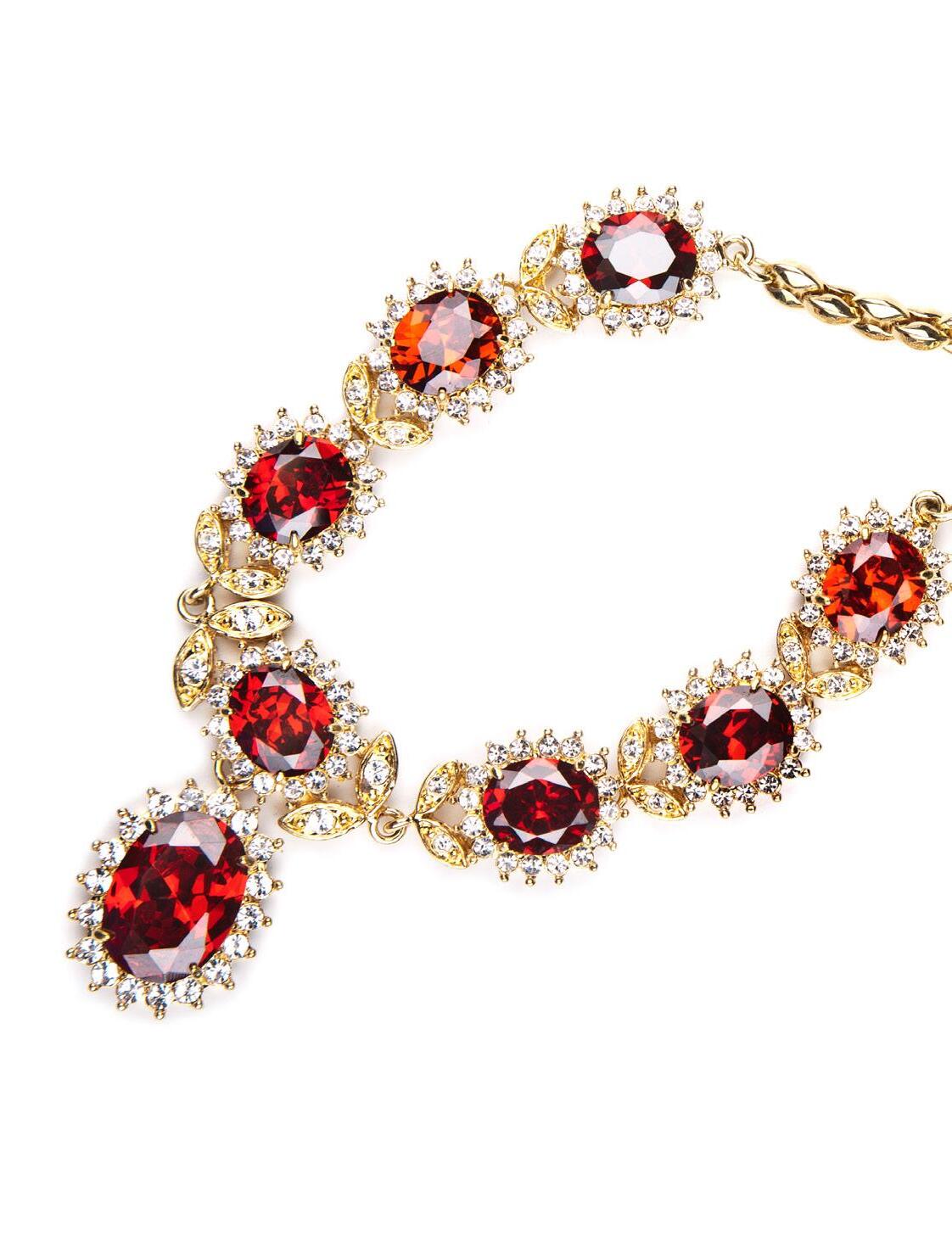
1 minute read
LUXURY BRANDS: Originality, Exclusivity and Social Responsibility
Younger affluent buyers prioritize social responsibility and brand recognition
The luxury market continues to evolve as the preferences of, and demands from, luxury homeowners shift, with a focus on originality, exclusivity and social responsibility.
Originality and exclusivity topped the list of qualities that luxury homeowners expect from brands, with 44% and 38%, respectively, citing these traits as important. Reputation for excellence and socially responsible business practices followed closely behind at 36%.
Interestingly, Luxury Portfolio’s study found that younger luxury homeowners (under 35) prioritize social responsibility and brand-name recognition more than their middle-aged counterparts (aged 35-64).
The difference between the age groups was 11 points for social responsibility and 13 points for exclusivity. This suggests that luxury brands should focus on sustainable and ethical practices to appeal to the next generation of affluent consumers.
Luxury homeowners are currently looking for brands that not only deliver exceptional quality but also align with their values. This is especially true for younger buyers, who are more conscious about sustainability and social impact.
In the realm of customer brand loyalty, the study found that Louis Vuitton (apparel/fashion), Armani (apparel/fashion) and Gucci (leather goods) were the leading brands for luxury homeowners.

However, with many respondents indicating that they would seriously consider other brands in the future, there is an opportunity for new and emerging luxury businesses to capture market share.
The luxury landscape is constantly changing, and brands need to adapt to stay relevant.
Gucci reinvented itself to remain relevant in the luxury industry, focusing on gender-fluid designs, bold patterns, digital platforms, collaborations, sustainability and social responsibility. By adapting to changing consumer preferences and expanding into new product categories, Gucci has reestablished itself as a top luxury brand with wide appeal.
By understanding the preferences of different age groups, businesses can tailor their offerings and marketing strategies to better cater to these discerning customers.
In conclusion, to thrive in today’s competitive luxury market, brands should focus on originality, exclusivity, social responsibility and personalized experiences.
By catering to the specific preferences of different age groups, they can foster long-term loyalty and growth.










